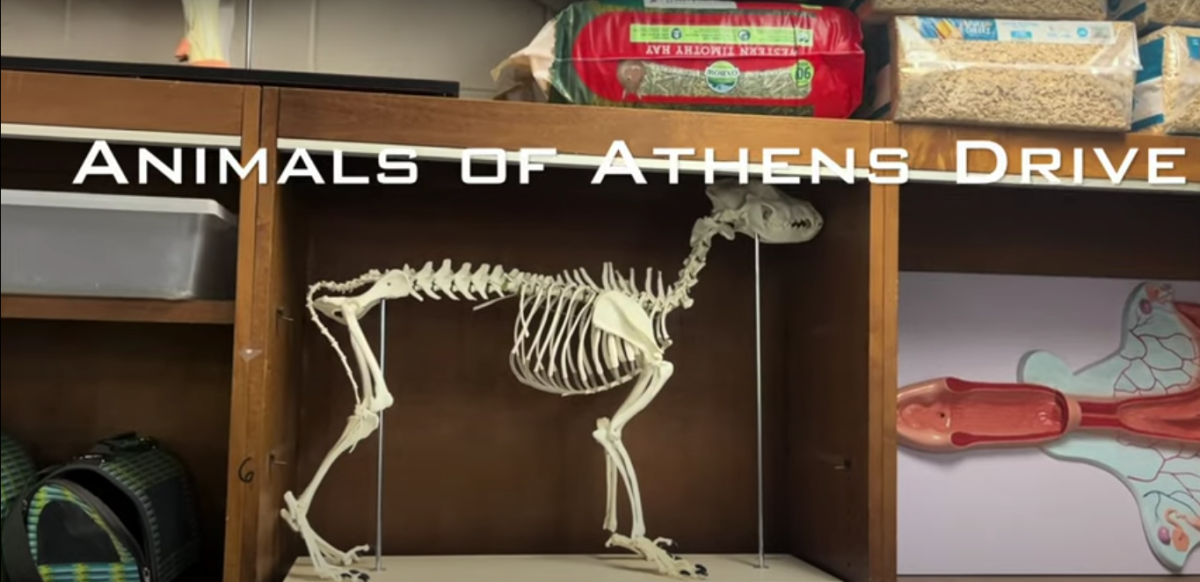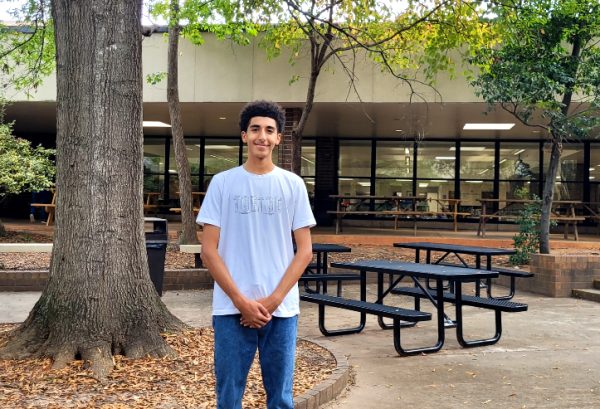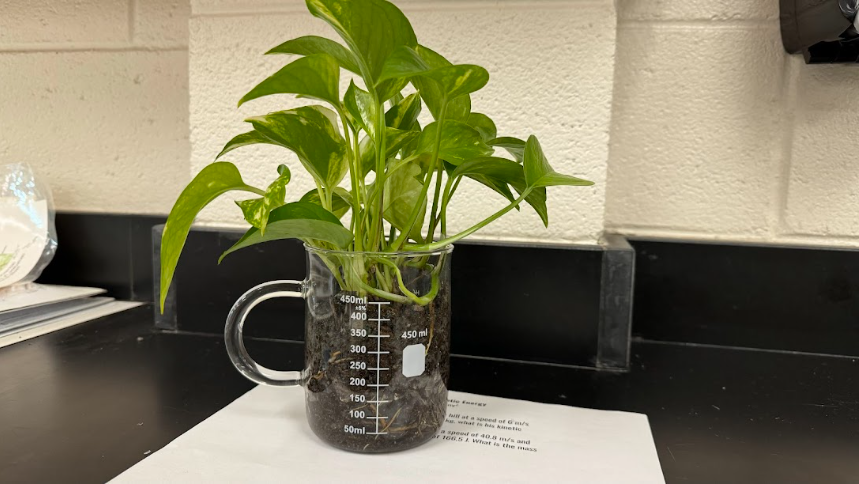
Fumes from a nearby power plant rise above a pond in a Nature Reserve.
In 2016, when the Paris Climate Agreement was signed, it felt like the beginning of a new era. An era in which more and more countries would be placing an emphasis on maintaining and improving the environment around them for future generations. The Paris Agreement included 196 countries, including 55 of the world’s largest greenhouse gas emitting countries, all of which agreed to the goal to limit global temperature change to 1.5 degrees celsius, which led many to believe that significant changes would be made. However, despite bold commitments, incremental change has been made globally.
In 2018, greenhouse gas emissions reached record heights with little signs of tapering off. The goal to limit the increase in global temperature to 1.5 degrees celsius, is now becoming increasingly difficult to imagine. Even more so considering the rate at which countries are currently emitting greenhouse gases which is projected to cause temperatures to rise as much as 5.8 degrees Fahrenheit by 2100, according to the UN 2019 Emissions Gap report.
While a 5.8-degree global temperature change may not seem like a lot to some people, in places such as Zimbabwe, people are already beginning to suffer the effects of global warming. Prolonged droughts in the region have brought lands that had once been blanketed by rivers and farmland, to miles and miles of sand and dried earth. Farmers that had once been able to make a living with their farmland now must rely on the help of others to get enough food to feed their families, which has left about 45 million people at risk of starvation.
According to scientist and author, Francois Engelbrecht, temperatures in southern Africa are projected to rise at twice the rate of global change, which means that in five decades or less, regions of southern Africa will become unrecognizable and possibly unlivable.
Countries in this region are the first to experience the effects of global warming, including increased desertification, sea-level rise, a growing food crisis and water shortages, despite the fact that historically, countries in this region have contributed to this growing global crisis by less than 2%. Unfortunately, the same is true for many other countries projected to experience the most concentrated effects. However, no country, no matter the location, will be unaffected by the changes that will come as a result of global warming so changes need to be made.
While the percent increase in emissions globally has decreased from 2% annually, the amount of greenhouses gases emitted has still increased by 1.5% over the past year and while many countries have made an effort to reduce emissions, it is not enough to make a substantial difference to our current climate trajectory.
The 2019 United Nations Emissions Gap report, recommends extreme changes in global emissions to bring the world back to the 1.5-degree goal set in the Paris Agreement. The report finds that to bring us back to the 1.5-degree range, countries that signed the Paris Agreement need to increase their level of involvement in reducing emissions to five times what they previously agreed to. This means that the emission of greenhouse gases globally needs to decrease by at least 7.6% every year. This may be considered a very drastic change, but to avoid the crippling effects of global warming, rapid action is necessary.
In order to accomplish such a feat, some essential changes must be made to the way developed countries have been operating for decades, including making transportation carbon neutral. Additionally, forms of energy we have come to rely on, including natural gas, oil and coal, need to be replaced by different forms of renewable energy like solar power or wind turbines to decrease emissions.
However, none of these changes will occur on their own, so in 2020, when countries associated with the Paris Agreement set out to renegotiate their commitments, they will hopefully be looking to the future and acknowledge the recommendations set by the United Nations 2019 Emissions Gap report. Additionally, the United States, being a major contributor to global emissions, needs to return to the fold and reassess its stance on the Paris Agreement and amend environmentally-focused policies modified during the 2017-2021 Trump administration.














